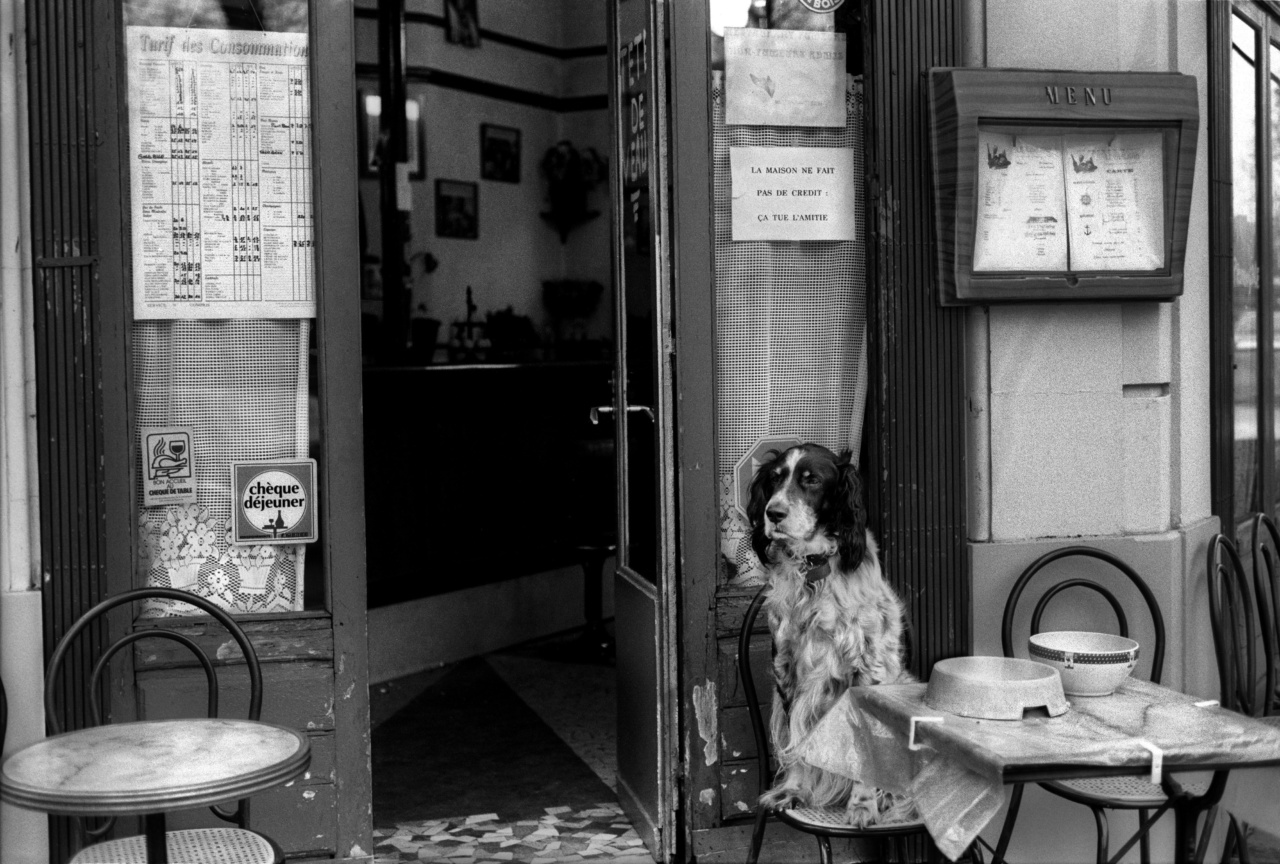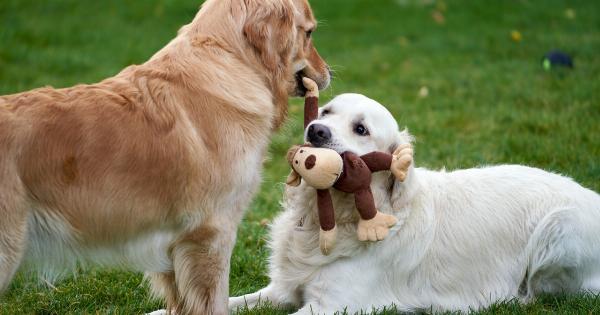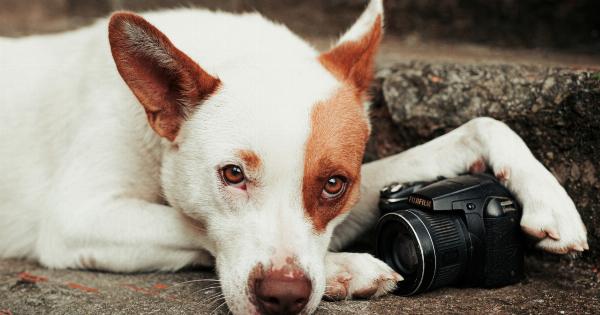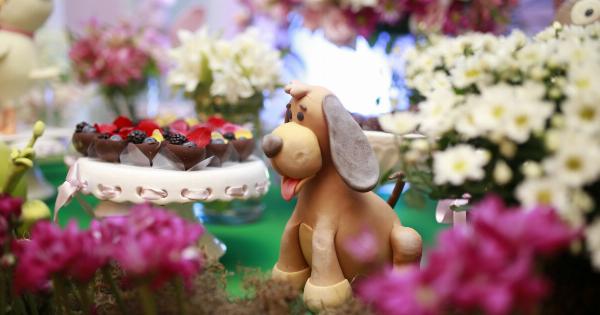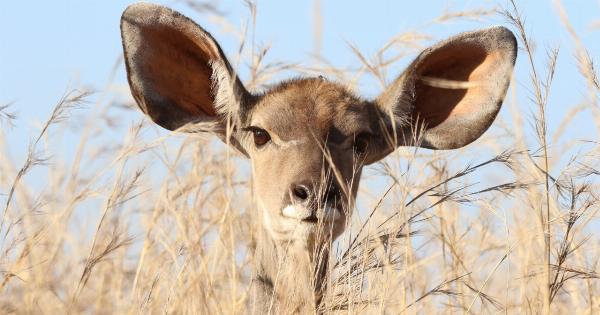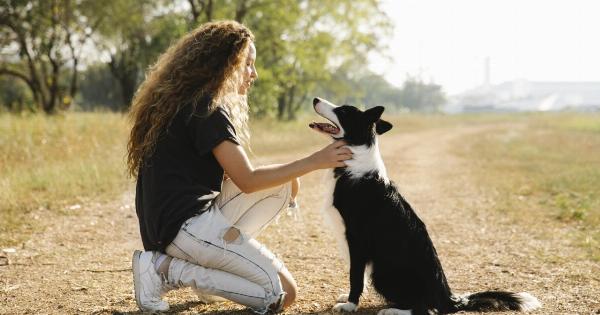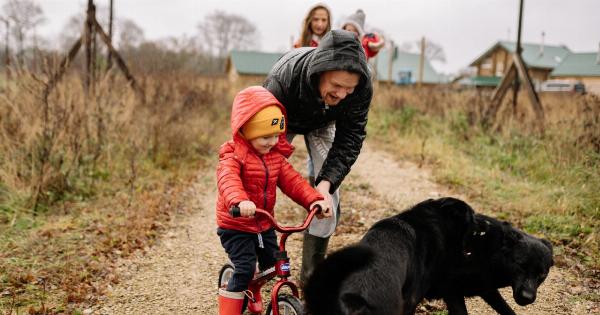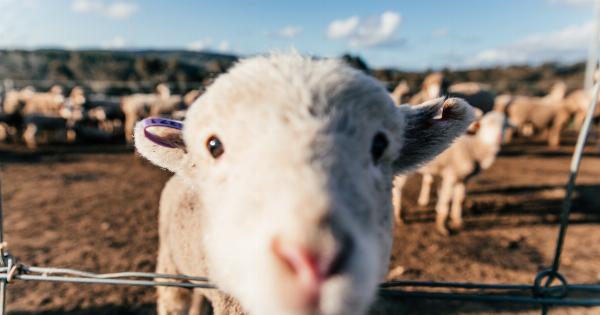Is your dog constantly sniffing every nook and cranny of your house? Does it seem like they have an insatiable thirst for investigating all the smells in their surroundings? Well, you’re not alone! Many dog owners wonder why their furry friends engage in this behavior. While it can sometimes be amusing to watch our dogs explore, it is essential to understand why they are doing it.
1. Natural Instinct
One of the primary reasons why dogs sniff around the house is due to their natural instinct. Dogs have an incredibly keen sense of smell, which is far superior to humans.
They have approximately 300 million olfactory receptors in their noses, compared to just six million in humans. Sniffing allows dogs to collect information about their environment, including other animals, food, or even potential dangers.
Dogs are descendants of wolves, who also relied heavily on their sense of smell for survival. Wolves would sniff the air, tracks, and surroundings to search for prey or avoid predators.
Though domesticated, this instinct has been passed down through generations, leading your dog to spend a significant portion of their time investigating smells.
2. Social Communication
Dogs have developed unique ways to communicate with each other, and one of these methods is through sniffing.
When dogs sniff each other’s rear ends, they are actually gathering crucial information about the other dog, such as its gender, age, health, and mood. This behavior is a form of canine greeting and helps establish a social hierarchy.
Similarly, your furry friend may sniff around the house to find traces of their family members. Dogs rely heavily on scent to identify their owners and other pets within the household.
By sniffing items like shoes, clothes, or furniture, they can gather information about the whereabouts and activities of their loved ones.
3. Anxiety and Stress
In some cases, excessive sniffing can be a sign of anxiety or stress in dogs. Just like humans, dogs can experience emotions that may trigger specific behaviors.
Factors such as changes in routine, loud noises, or separation anxiety can make a dog feel stressed or anxious. Sniffing around allows them to self-soothe and redirect their attention away from the stressors.
If you suspect that your dog’s sniffing is related to anxiety or stress, it is crucial to address the underlying cause.
Consult with a veterinarian or a professional dog behaviorist to assess the situation and develop a suitable plan to help your dog cope with their emotions.
4. Boredom and Enrichment
Dogs are intelligent and active animals that require mental and physical stimulation. When they are bored, they may resort to sniffing as a way to entertain themselves.
Sniffing activates the dog’s brain, providing them with an enriching experience.
To prevent excessive sniffing due to boredom, ensure that your dog receives enough exercise and mental stimulation throughout the day. Engage them in interactive play, provide puzzle toys, or consider enrolling them in scent training classes.
These activities will help satisfy their need for mental challenges, keeping them occupied and reducing excessive sniffing indoors.
5. Searching for Food
If your furry friend is frequently sniffing around the house, they may be on the hunt for food. Dogs have a keen ability to detect smells, even those that are imperceptible to humans.
This can lead them to sniff out any traces or remnants of food in the environment.
Make sure to store food securely and monitor your dog’s feeding schedule to discourage them from becoming obsessed with scavenging for food.
Stick to a consistent feeding routine, and consider providing interactive feeders or treat-dispensing toys to mentally stimulate your dog during mealtime.
6. Medical Conditions
In certain cases, excessive sniffing in dogs can be a symptom of an underlying medical condition.
Respiratory problems, nasal infections, or allergies could lead to heightened sniffing behavior as your dog tries to clear their airways or relieve discomfort.
If you notice any other accompanying symptoms, such as sneezing, coughing, or nasal discharge, it is essential to consult a veterinarian. They can evaluate your dog’s health and provide appropriate treatment if necessary.
Conclusion
In most cases, sniffing is a normal behavior for dogs and serves various purposes, including communication, exploration, and mental stimulation.
However, it is essential to pay attention to any changes in your dog’s behavior and consult a professional if you suspect any underlying issues.
Remember, every dog is unique, and their sniffing habits may vary. By understanding the reasons behind their sniffing behavior, you can better cater to their needs and ensure their overall well-being.
